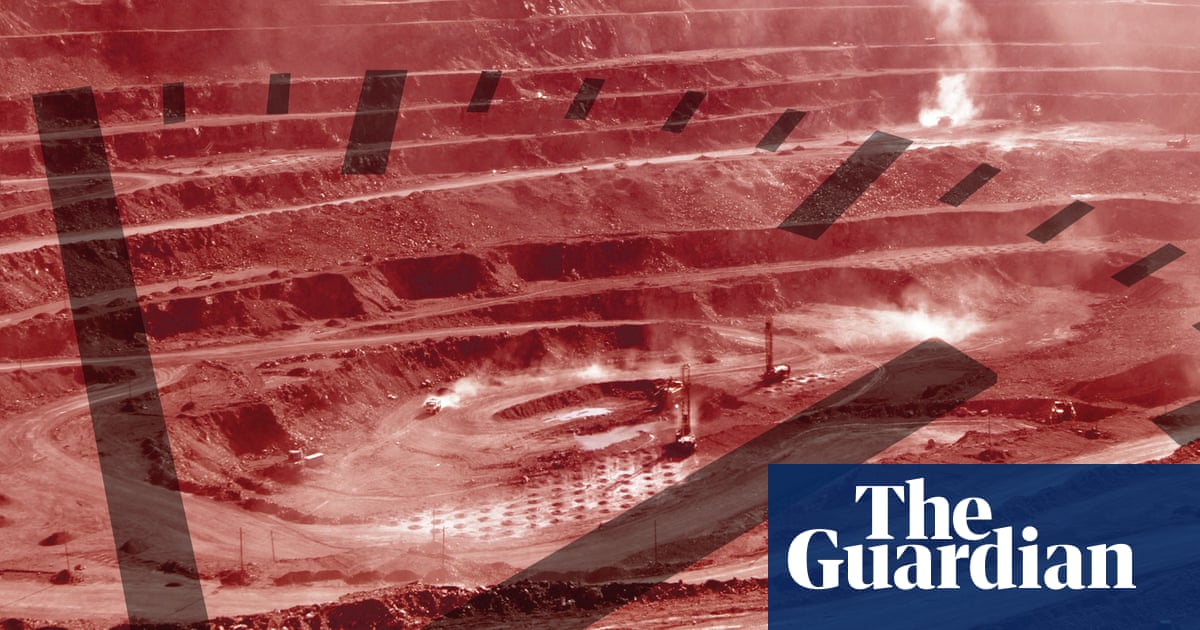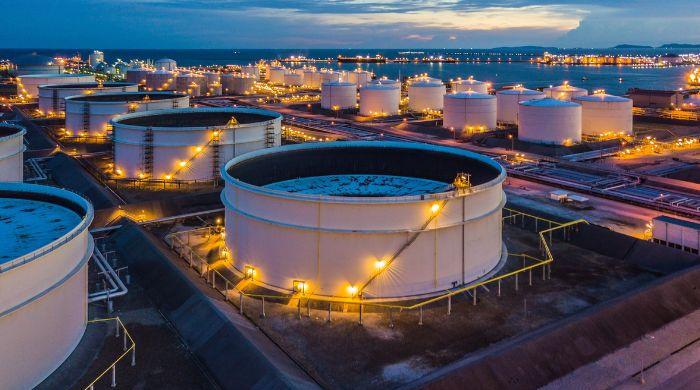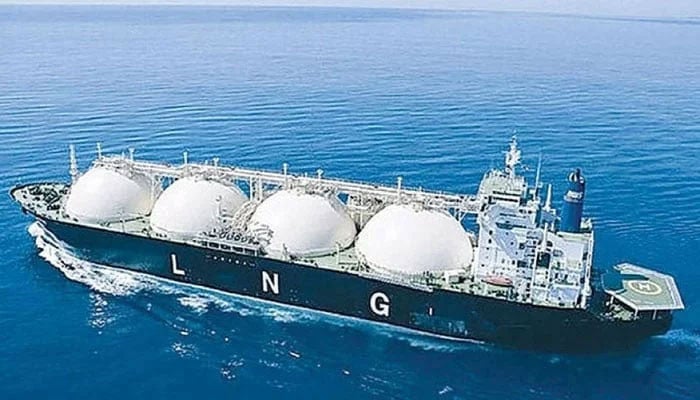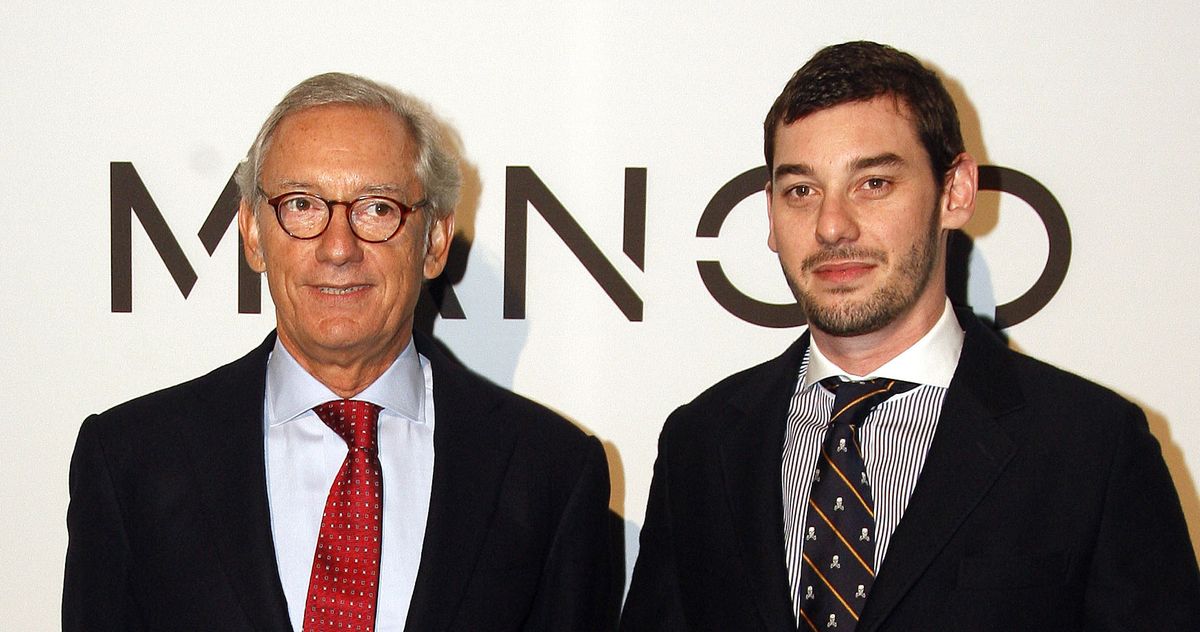The Hidden Battle for Rare Earths: Why Global Powers Are Scrambling for Control!

Ever wonder what tiny minerals are making a massive impact on our world? Critical minerals, including nickel, manganese, and cobalt, are vital to the global economy, but it’s the rare earths that are stealing the spotlight in international diplomacy and trade.
Rare earths represent a unique and powerful group of 17 heavy metals nestled in the Earth's crust. They are essential for making magnets that power everything from our smartphones to advanced defense systems and renewable energy solutions. According to the United States Geological Survey, there are an estimated 110 million tonnes of rare earth deposits globally as of 2024, with a staggering 44 million tonnes located in China—by far the world’s largest producer. Other notable players in this game include Vietnam, Brazil, Russia, and India, all of which hold significant reserves.
However, mining these vital minerals isn’t as straightforward as it may seem. The extraction process involves heavy chemical use, leading to toxic waste that has sparked numerous environmental disasters, raising questions about sustainability. High production costs further complicate the scenario, making it a costly endeavor.
But why should you care? Because rare earths are the backbone of everything from your everyday lightbulbs to sophisticated guided missiles. Europium is a star player in enhancing television screens, while cerium is indispensable in polishing glass and refining oil. Each of these minerals possesses unique characteristics that are often irreplaceable, with alternatives available only at prohibitive costs.
For decades, China has strategically invested in refining operations, becoming the linchpin in the global supply chain for rare earths. The nation has also filed a plethora of patents related to rare earth production, leading many companies to send their ore to China for processing. This dynamic has intensified the world’s reliance on Beijing for these crucial resources.
In recent years, the Trump administration criticized China’s tightening grip on rare earth exports, labeling it a potential threat to the stability of global supply chains. As tensions rise, the competition for these hidden treasures could redefine international relations and economic strategies.


















